Filmmaker Ric Burns premieres documentary “Debt of Honor” at UNC Wilmington
November 12, 2015
Nationally acclaimed filmmaker Ric Burns presented a screening of his latest work, a documentary on disabled American veterans titled “Debt of Honor” at UNC Wilmington on Nov. 3. A crowd of 104, many of whom were veterans or military affiliated, viewed the film in the university’s Lumina Theater, located in the Fisher Student Center. PBS aired Burns’ documentary on Nov. 10 as a part of their “Stories of Service” series, in honor of Veterans Day.
The press release states, “Debt of Honor examines the way in which the American government and society as a whole have regarded disabled veterans throughout history, beginning in the aftermath of the Revolutionary War and continuing through today’s conflicts in the Middle East. The film combines personal stories, told by distinguished disabled veterans, with deep history narrated by leading scholars in the fields of disability studies, history and psychology to illustrate the human cost of war and the enormous sacrifices of military service. These sacrifices are brought to life through hundreds of carefully curated still images and archival footage from across the country.”
Watch a clip from “Debt of Honor” here.
Burns, widely known for collaborating with his brother and fellow filmmaker Ken Burns on TV miniseries “The Civil War”, interviewed with The Seahawk before the screening.
What can you tell us about the veterans interviewed for this documentary?
“We wanted to talk to men and women who’ve been to hell,” said Burns, “and no doubt have dark nights of the soul…it’s not going to be easy to have three missing limbs, not forty years later, and not four minutes later. [These veterans] have found a way, and they can show the way.”
What issues does the film address in regards to civilians interacting with veterans?
“We kind of want to look away,” said Burns, referring to how civilians often overlook the condition of disabled veterans, “we look, then we look away, and it’s a very natural human response. The first thing we need to do is imagine that person is your brother or sister. What would you do? Suddenly, their missing limb would become your missing limb. Their new normal would be your new normal.”
“We’ve too long lived in a society which wants to kind of airbrush it away – no national draft, smaller and smaller all-voluntary force – we don’t like to think about it but we’re going to have to.”
What solutions do you, or others in the film, propose to mend these issues?
“We need to really see the disability, take it for what it is and just listen to the people who’ve gone through the experience. Maybe I’m not going to give a leg for my country, but instead give back to somebody who has.”
“Greg Gadson, who we interview in our film, is a double amputee from [serving in] Iraq. He said, ‘We’ve gotta be careful and shouldn’t put the monkey on your back. We chose this.’ So part of our responsibility and maturity is not to say there’s something wrong with you for making a different choice. It’s not about guilt, it’s about reality, acceptance and responsibility.”
“Whether you believe that you want to serve in the military or not,” said Burns, “most of us are quite happy being Americans. With great fortune come great responsibility, and we cannot leave it just to the incredible the men and women in the armed services.”
“Hard things are harder than easy things,” said Burns, “but hard things are rewarding. The hard things show us who we are. This is an aspect of the American experience that we all need to join, and we’re going to discover that it transforms us, all for the better.”
What were your motivations for addressing these issues?
“I turned 18 years old in 1973,” said Burns, “but that was the year the draft ended.” Burns had a draft card for the Vietnam War but never was called to serve, he instead protested the war. Burns’ motivations for “Debt of Honor” draw from witnessing American veterans returning from the Vietnam War being disrespected, blamed and spat upon. “I think those of us who were a part of that generation have an obligation to really step forward,” said Burns.
Burns also noted losing “an instinctive sense of connection to something larger” as a nation as a motivation for the film. “People who believe in something larger so completely, as young men and women, are willing to sacrifice their lives, or leave part of themselves.”
Educating audiences
According to the press release, Gadson described “Debt of Honor” as “one of the most accurate and balanced productions I have ever seen. It should be mandatory viewing for all high school civics classes.”
In addition to visiting UNCW, Burns held premiere screenings at other schools and organizations.












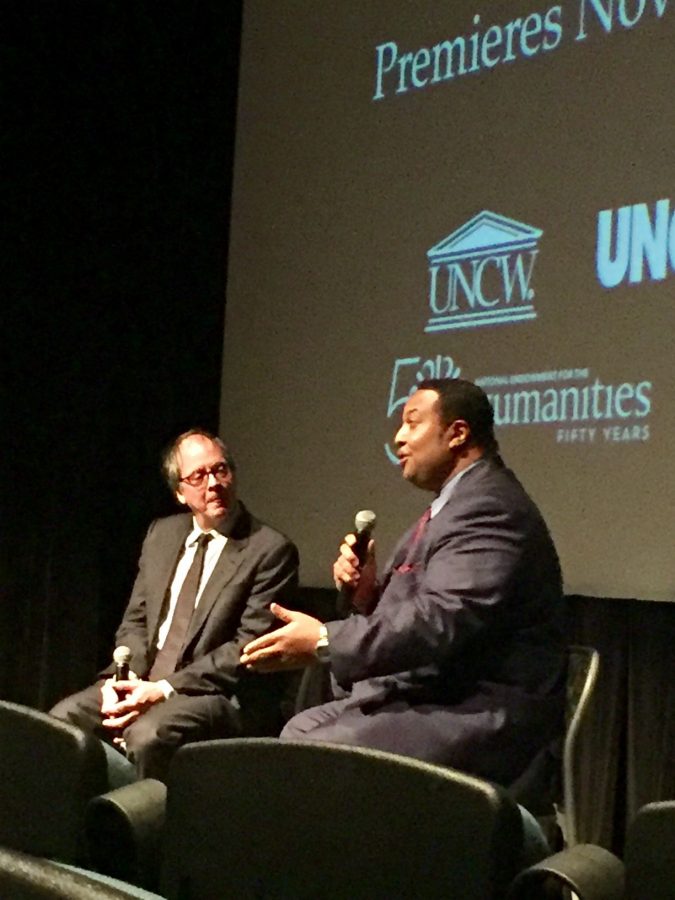


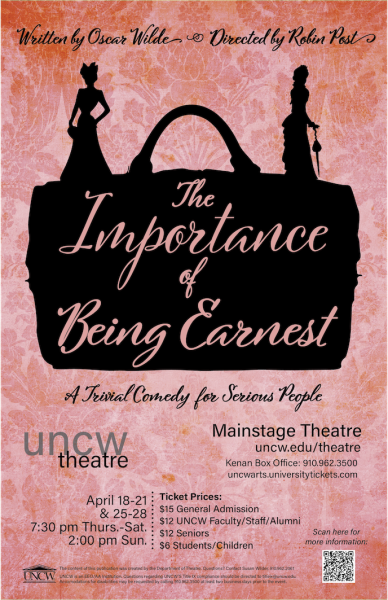
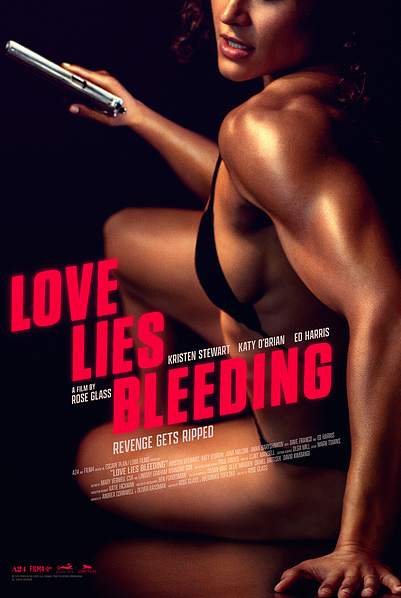
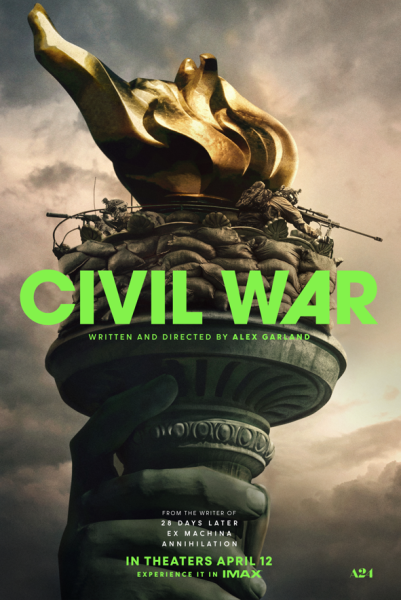
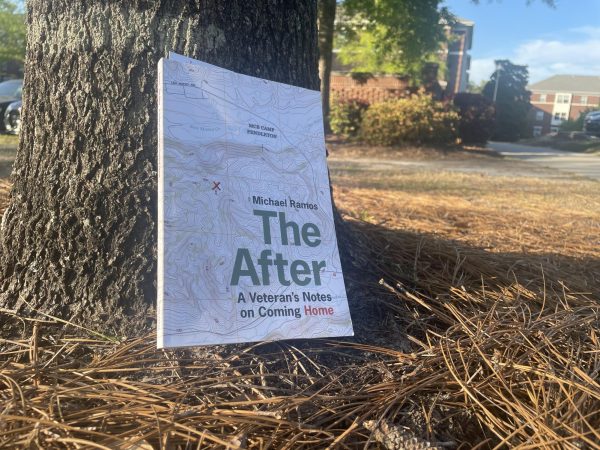
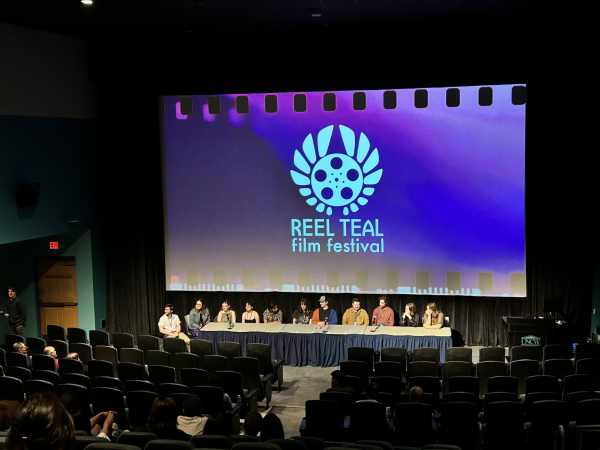



Smithe678 • Aug 4, 2017 at 12:50 pm
I truly prize your function, Wonderful post. bafcfkdcakceebka